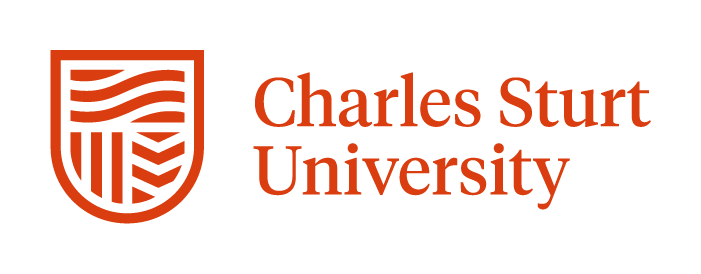Sign up to our newsletter!
The newsletter signup widget on posts

Sarah Pearce
Sarah is a writer, editor, poet and performer based in Tarndanya/Adelaide. Sarah completed her PhD in English Literature on the work of the Brontës in 2018, and holds Honours in German Studies, a Diploma of Languages in German and a BA in English and Linguistics. Sarah completed an intensive language course in Freiburg, Germany, as part of her Honours studies and understands the importance of insider and local knowledge when studying overseas. Sarah is passionate about storytelling, strong coffee and exploring the world, whether camping in the beautiful state of South Australia or trekking in Nepal.





